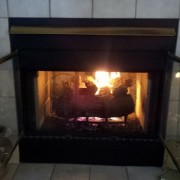Now that winter is here I like to have a fire going each night in the fireplace of my home. I find that it not only produces warmth, but that it also relaxes me. I like watching how the flames dance in random patterns and the crackle sounds that the fire makes.
How does fire relate to clutter?
Let’s start with a definition of fire from Wikipedia, the free encyclopedia:
Fire is the rapid oxidation of a material in the exothermic chemical process of combustion, releasing heat, light, and various reaction products.[1] Slower oxidative processes like rusting or digestion are not included by this definition.
The flame is the visible portion of the fire. If hot enough, the gases may become ionized to produce plasma.[2] Depending on the substances alight, and any impurities outside, the color of the flame and the fire’s intensity will be different.
Fire in its most common form can result in conflagration, which has the potential to cause physical damage through burning. Fire is an important process that affects ecological systems around the globe. The positive effects of fire include stimulating growth and maintaining various ecological systems. Fire has been used by humans for cooking, generating heat, light, signaling, and propulsion purposes. The negative effects of fire include hazard to life and property, atmospheric pollution, and water contamination.[3] If fire removes protective vegetation, heavy rainfall may lead to an increase in soil erosion by water.[4] Also, when vegetation is burned, the nitrogen it contains is released into the atmosphere, unlike elements such as potassium and phosphorus which remain in the ash and are quickly recycled into the soil. This loss of nitrogen caused by a fire produces a long-term reduction in the fertility of the soil, which only slowly recovers as nitrogen is “fixed” from the atmosphere by lightning and by leguminous plants such as clover.
Fire, like the clutter in our lives, is a process that causes various reactions.
The flame, like physical clutter in the home, is the visible portion of the fire. The intensity of the fire is determined by the substances in it. Likewise, the severity of our clutter is determined by the type and intensity of the cluttergories (physical, mental, digital, temporal, and sensual) in our lives.
Finally, fire can cause physical damage but is also an important part of the ecological systems around the globe; fire stimulates growth and helps maintain those systems. Clutter can also cause damage, especially when it reaches the level of hoarding. Getting rid of the clutter is an important part of stimulating growth in ourselves, as well as giving us a clean environment in which to live.
Now that we see how fire relates to clutter, let’s return to the fireplace in my home.
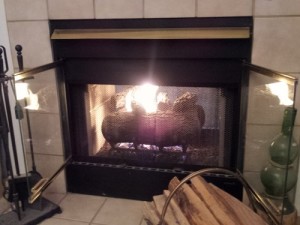
As I said, the fire helps me relax, which helps me better process the mental clutter in my life. I have also been known to fall asleep on the couch in front of the fire. A nap also helps me process the mental clutter!
How do you process the mental clutter in your life?
Our fireplace is double sided, facing both the family room and my home office. This actually helps me keep the physical clutter at bay in my home. For safety sake we have to keep the area around the fireplace clear of anything flammable. This also acts a trigger for me to keep the family room and home office clear of clutter so that we can better enjoy the fire, a mental trick of sorts.
Do you have any tips or tricks for managing the physical clutter in your life?
Winter is enjoyable for me because it tends to be a slower time of year. It is a time of reflection and goal setting with the new calendar year; a time to examine the cluttergories that might be affecting me. The fire is a cozy way to encourage that process and de-clutter my life.
I invite you to use fire as a tool, as I do, to help you process the clutter in life.


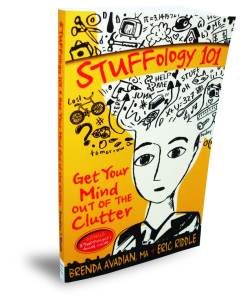
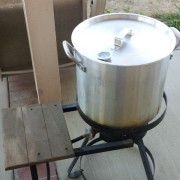
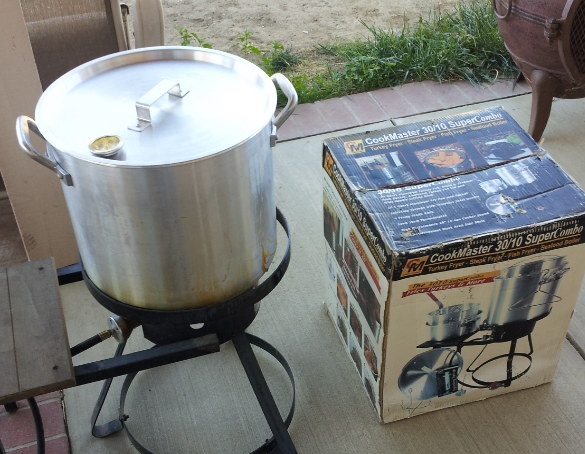




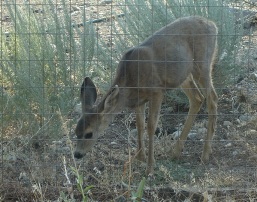

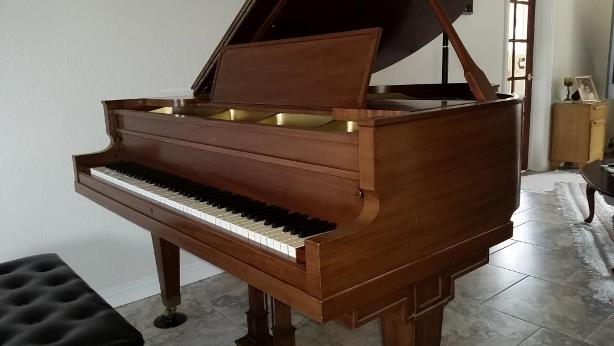
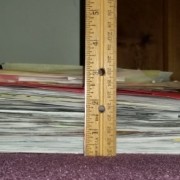
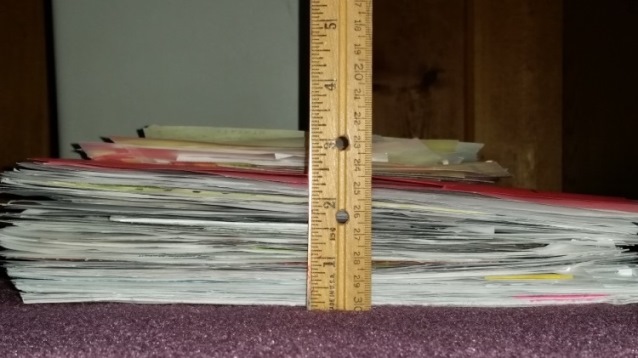 It’s amazing what happens when we take steps to de-clutter.
It’s amazing what happens when we take steps to de-clutter.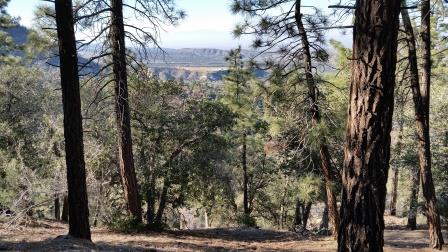

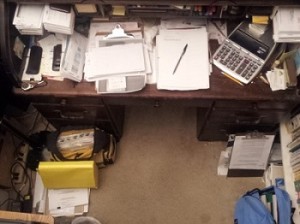


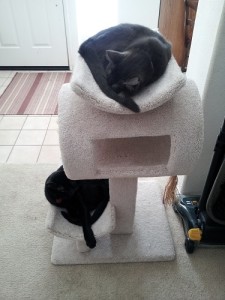

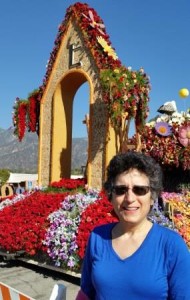

 As with any kind of procrastinating, which also leads to clutter, the actual deed took less time than I thought the task would require. Five minutes was all the time needed to download 38 photos and 3 videos; plus, another five minutes to download a few other photos and file them. I was on a roll.
As with any kind of procrastinating, which also leads to clutter, the actual deed took less time than I thought the task would require. Five minutes was all the time needed to download 38 photos and 3 videos; plus, another five minutes to download a few other photos and file them. I was on a roll. There are too many to share; so, I further limited my initial selection to four, which include the completely decorated flower the float decorators were working on in my
There are too many to share; so, I further limited my initial selection to four, which include the completely decorated flower the float decorators were working on in my 